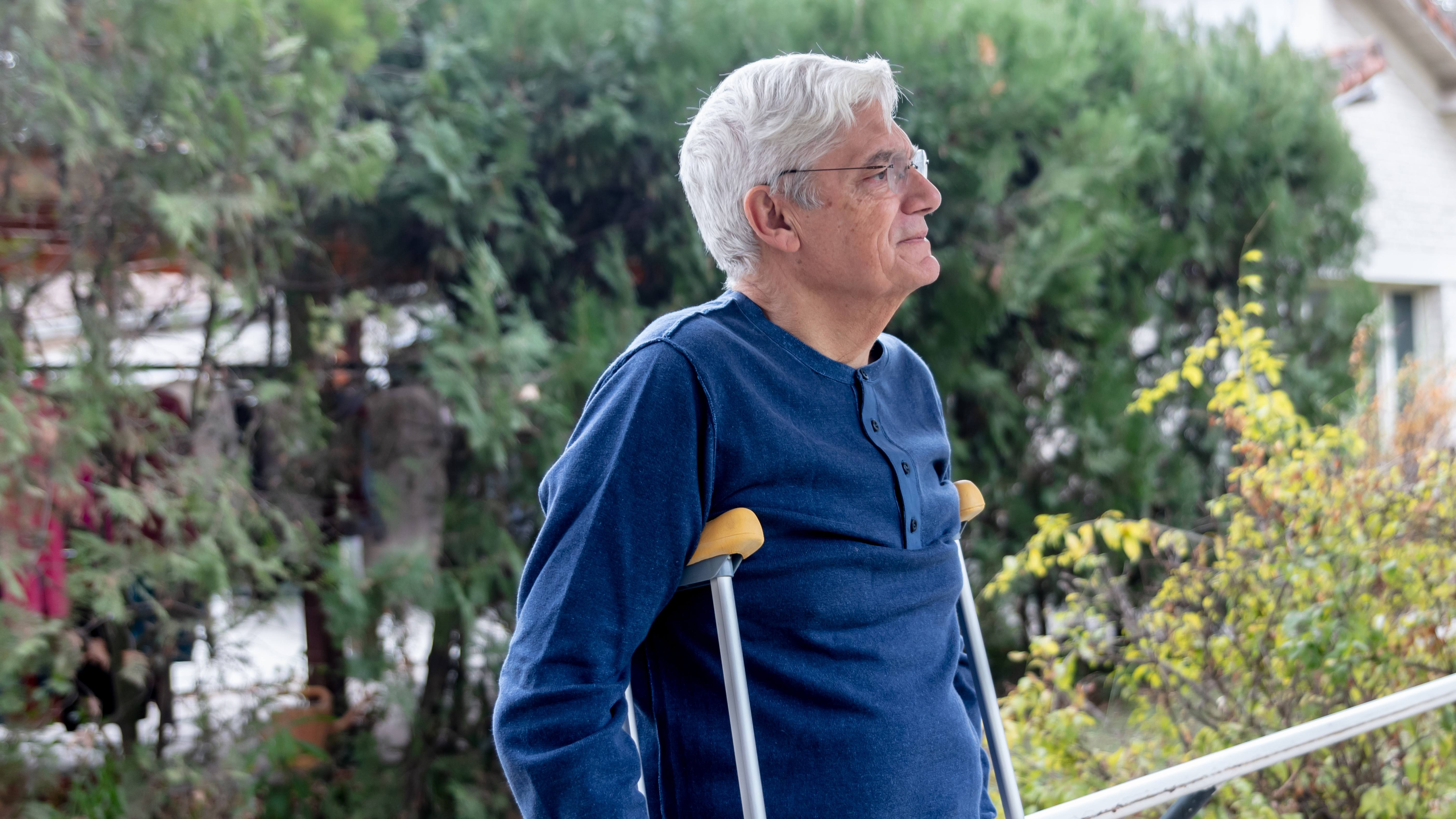Cardiovascular

January 29, 2024
PHOENIX — For snowbirds who need joint replacement surgery, places like Arizona and Florida offer an enticing prospect in the dead of winter — the[...]
June 17, 2013
May 30, 2013
May 28, 2013
April 25, 2013
April 22, 2013
Explore more topics
 Sign up
Sign up

Mayo Clinic Connect
An online patient support community
